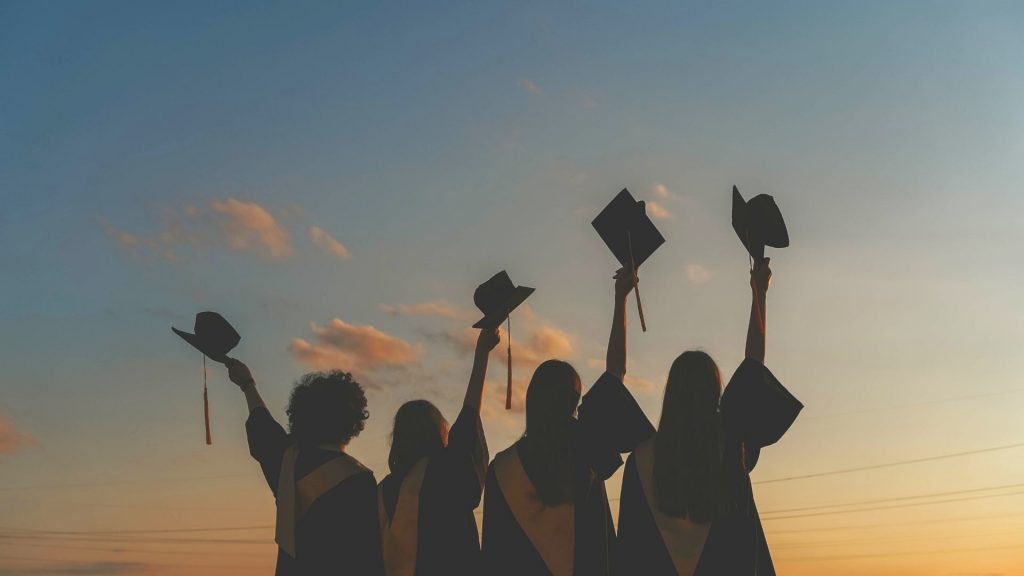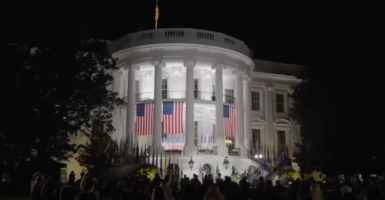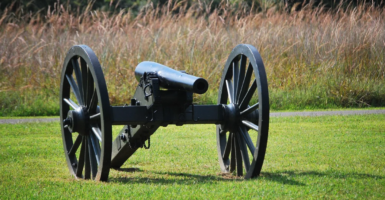Kansas May Allow Real-World Credits To Count Towards High School Graduation
The state of Kansas is considering allowing real-world experiences to count as high school credits toward graduation

The education landscape is changing. In order to meet modern needs and prevent enrollment drops and chronic absenteeism, schools are having to update their curriculum and graduation requirements to reflect the needs of students. While some states are mandating financial literacy classes, others are seeking other solutions to prepare young adults for the real world. From student-work programs, to allowing juniors and seniors to fill in vacant school staff positions, new approaches to education are being tested in abundance. Now, the state of Kansas is considering allowing real-world experiences to count as high school credits toward graduation.
Schools in some states have dropped attendance requirements and even removed failing grades in order to improve grade scores and student success rates, but many parents wonder if this is truly the best approach to preparing students for the future. Employees who do not show up for work are terminated, doctors who make mistakes on the job face legal repercussions, and so passing more students for doing less work, or even after failing may bolster the numbers but it sets young adults up for failure. Instead of focusing merely on data, Kansas schools are looking at real-world successes and addressing the concept of new high school credit needs.
The Kansas City Board of Education noted that high school credits can already be earned through means other than classroom studies. Scouting projects, work experience, internships, and other extracurricular opportunities are allowed to be counted toward high school graduation credits. Unfortunately, most school officials do not promote these routes being that they are more difficult to record and measure.
In order to expand real-world high school credit options, the state board has formed a task force to update this policy. In addition to just allowing outside experiences and projects to count for graduation requirements, they are also examining coursework classifications and seeking to offer more individualized options. Instead of just requiring a set number of math and science credit hours, new STEM classes that combine many learning concepts may fulfill those needs, just as a “society and humanities” category may be met through various history and fine arts options.
As these categories are being considered for replacements to specific standardized classroom requirements (in order to give students more interest-focused instruction), an emphasis on the need to allow increased real-world experiences to count toward high school credit is also being promoted. Expanding graduation requirements to include community service, JROTC, or other programs like the International Baccalaureate academics, helps students understand that adults are often rewarded for their work whether they are enrolled in educational programs or not. Experience combined with knowledge offers more possibilities.

Whether the Kansas Board of Education task force can solidify these changes before the start of the 2022-2023 school year or not is unknown. For now, they are currently working to find a better high school credit system that caters to increased real-world needs. If their suggestions are unable to gain approval in the coming weeks, these updates may be implemented in future years.



